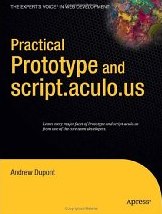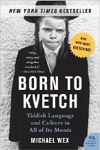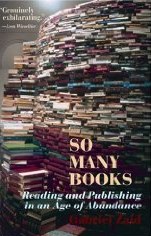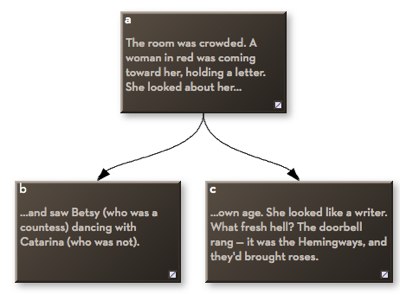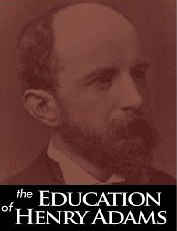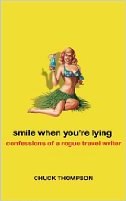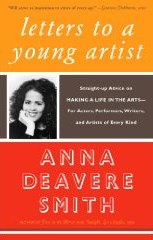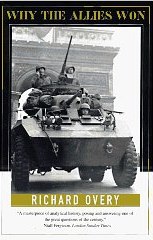No doubt, Roger Ebert is spending the day writing about the late Studs Terkel, who will be missed. Studs changed writing. He changed our vision of America. Next Tuesday will owe much to him.
But today, we can enjoy Ebert’s brilliant, hilarious lesson in cooking and criticism: the pot and how to use it. Ebert doesn’t merely discuss the Zojirushi rice cooker ("the pot"). He doesn't simply give recipes. He doesn’t tell you how wonderful the food tastes, because he’s left all that behind now: “I am not a French gourmet. I am a practical cook. An American, Urbana born, and go at things as I have taught myself, free-style, and will make a cookbook in my own way....To be sure, health problems now prevent me from eating. That has not discouraged my cooking. Now cooking is an exercise more pure, freed of biological compulsion.”
In the course of the essay, Ebert builds some wonderful characters, especially aunt Mary.
When she was in the kitchen, she was on automatic. She had two speeds: Cook, and Serve. She did not know how to measure salt. "Just throw in about enough, honey," she told me. I believe I have mentioned before her poetic wisdom about how to estimate the number of potatoes sufficient for a meal.
One potato
For every member of the family.
One potato for the pot.
And one last tater, honey,
For fear of company.
There’s a wonderfully gruff voice that runs through this. It’s not just Ebert, who is always cheerful and optimistic. It’s more Studs, or Sidney Harris, or perhaps Damon Runyon.
Add the ingredients in a mixture in the reverse order of how long you think they'll take to cook. For example, dried beans first. Even let them sit in water and Warm for awhile. If you're in a hurry, throw them in and boil them. The hell with them.


